New Scientist covers the latest developments in science and technology that will impact your world. New Scientist employs and commissions the best writers in their fields from all over the world. Our editorial team provide cutting-edge news, award-winning features and reports, written in concise and clear language that puts discoveries and advances in the context of everyday life today and in the future.
Elsewhere on New Scientist
Look to the future • The next leader of India should grab the chance to play a key role in our climate fight
New Scientist International Edition
The Horsehead Nebula’s fluffy top
Is India ready to be a climate leader? • As the world’s third-largest emitter of greenhouse gases, India’s climate policy will shape the fate of the planet. But developing its economy while keeping emissions down will be tough, says James Dinneen
India’s changing energy mix
Deepfakes may have a big influence on India’s election
The world’s largest medical system • In the past 10 years, Prime Minister Narendra Modi has worked to improve well-being in India, but much more progress is needed to look after 1.4 billion people, says Grace Wade
Can India secure its future by building a powerful computer chip industry?
How India has slowly become a major player in space
Medicines can help gambling addiction • The drugs nalmefene and naltrexone show promise for treating compulsive gambling
Hospital AI that flags raised risk of death helps save lives
Wasps have specific brain cells for recognising faces
Plastic pollution treaty would be a ‘failure’ without tackling emissions
How the US is preparing for a potential bird flu pandemic
Birthplace of red asteroid pinned to specific moon crater
Car tyre chemicals can get into food • Crops can take up toxic chemicals produced as tyres wear out, but the health risks are unclear
Alpaca sex causes injuries that may boost pregnancies
Fusion experiment overcomes two key operating hurdles
Diet may influence the flu vaccine’s efficacy
Giant black holes nurture small ones • The accretion discs of supermassive black holes may provide a place for mini black holes to grow
Culling starfish conserves coral on Great Barrier Reef
Sex differences in brain activity • The brain activity of fetuses and babies seems to become less complicated as they develop and it happens faster in males than females, finds Moheb Costandi
Quantum force used to make tiny device
Rat brain cells let mice smell again
Modern rose hybrids lack genetic diversity
Really brief
The good old days? • Nostalgia isn’t only about a rose-tinted view of the past. It can also be put to use in unexpected places – including work, says Agnes Arnold-Forster
Field notes from space-time • Turn out the lights Our shift to LEDs is stopping us from seeing the night skies. The way we illuminate the world needs to be part of our green agenda, says Chanda Prescod-Weinstein
Worth the buzz
Your letters
A fix for our weighty problem? • The use of Ozempic as a weight-loss drug signals a new approach to tackling obesity. Clare Wilson explores a riveting, if flawed, first-person account
Life in the multiverse • A sci-fi thriller sees physics professor Jason kidnapped by a version of himself, out to take over his life, finds Josh Bell
New Scientist recommends
Why we love woo-woo • From ghosts to reincarnation, it takes a well-rounded sceptic to find a rational, humane course through such claims, finds Wendy Grossman
The end of allergies? • Have we finally found a way to stop people having dangerous allergic reactions, asks Graham Lawton
How to prevent your child from...
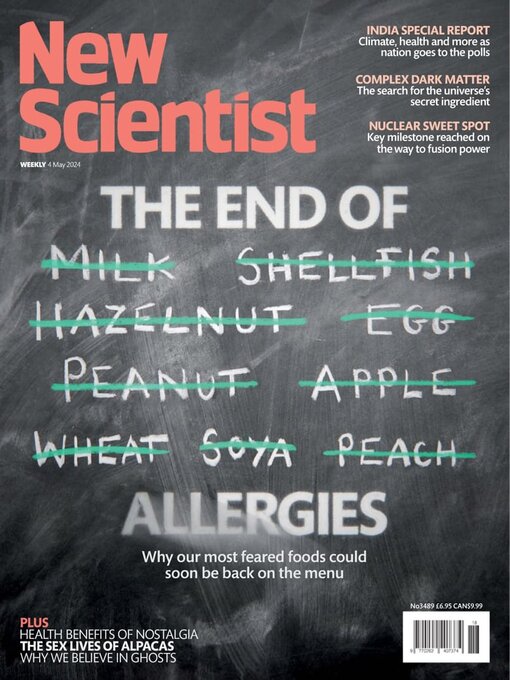
 Dec 14 2024
Dec 14 2024
 Dec 07 2024
Dec 07 2024
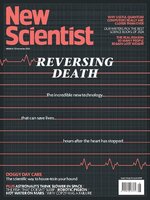 Nov 30 2024
Nov 30 2024
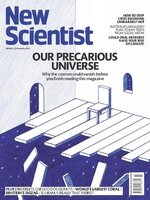 Nov 23 2024
Nov 23 2024
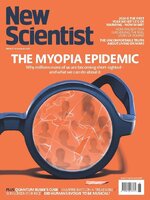 Nov 16 2024
Nov 16 2024
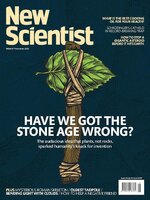 Nov 09 2024
Nov 09 2024
 Nov 02 2024
Nov 02 2024
 Oct 26 2024
Oct 26 2024
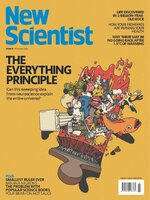 Oct 19 2024
Oct 19 2024
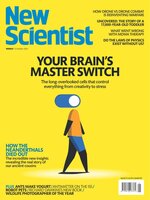 Oct 12 2024
Oct 12 2024
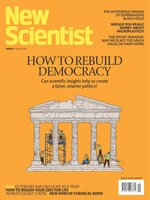 Oct 05 2024
Oct 05 2024
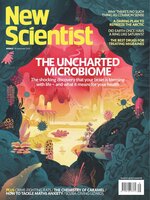 Sep 28 2024
Sep 28 2024
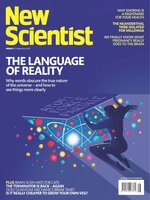 Sep 21 2024
Sep 21 2024
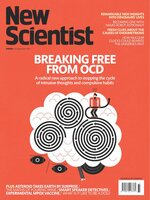 Sep 14 2024
Sep 14 2024
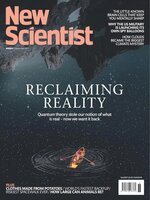 Sep 07 2024
Sep 07 2024
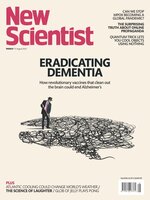 Aug 31 2024
Aug 31 2024
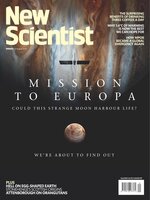 Aug 24 2024
Aug 24 2024
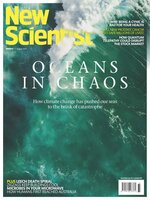 Aug 17 2024
Aug 17 2024
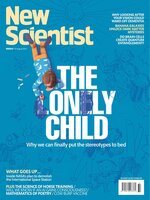 Aug 10 2024
Aug 10 2024
 Aug 03 2024
Aug 03 2024
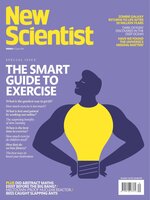 Jul 27 2024
Jul 27 2024
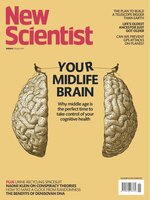 Jul 20 2024
Jul 20 2024
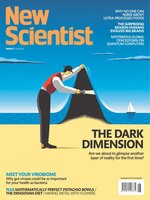 Jul 13 2024
Jul 13 2024
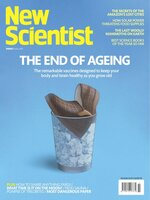 Jul 06 2024
Jul 06 2024
